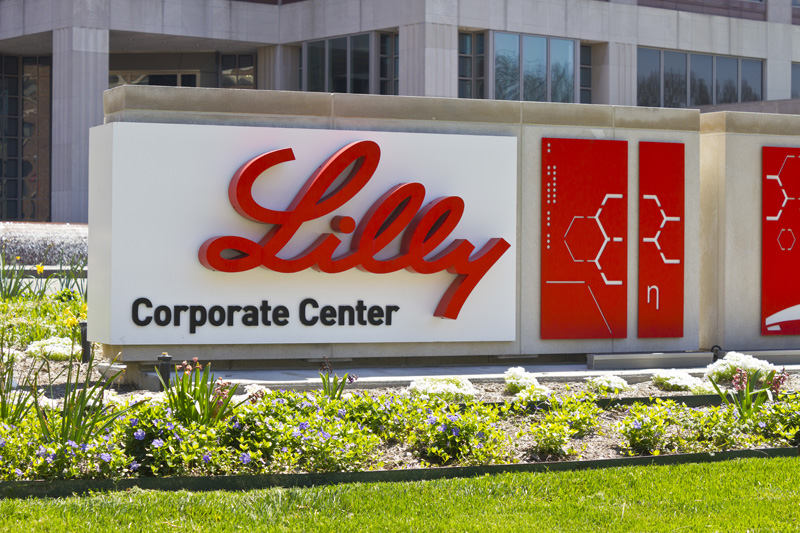In January 2009, Eli Lilly and Company reached what was then the largest settlement in history for criminal violations related to the marketing of pharmaceuticals. The $1.415 billion settlement, covered civil and criminal allegations as follows:
- For pleading guilty to violating 21 U.S.C. § 333(a)(1), “distributing misbranded drugs with inadequate directions for use,” a misdemeanor, the company agrees to pay a $515 million fine and a $100 million forfeiture.
- For its civil liability under the False Claims Act and related state claims, the company must pay $800 million.
If $1.4B seems like an exorbitant amount to settle a misdemeanor charge, consider that Lilly’s targets, in this case, were elderly adults suffering from dementia, who had lost the capacity to advocate for themselves.
While most of us look with compassion on seniors, who are suffering from the loss of their very identity, Lilly saw an opportunity to expand the market for its drug, while offering the patients no tangible benefit. This unconscionable, predatory marketing had to be punished. (It bears noting that Lilly had already settled a related state lawsuit in Alaska in March of 2008 for $15 million.)
The drug in question was Zyprexa, which the Food and Drug Administration had approved for schizophrenia and bipolar disorder. However, from September 1999 to March 31, 2001, Lilly promoted Zyprexa for use by elderly patients as a treatment for dementia.
Actions under the False Claims Act alleged that such marketing defrauded various government programs, such as Medicaid, TRICARE, the Federal Employees Health Benefits Program, the Department of Veterans Affairs, the Bureau of Prisons, and the Public Health Service Entities.
The False Claims Act allows insiders with knowledge of fraud against the U.S. government to initiate legal action and share in the government’s civil recovery. The plaintiffs in the case were all former Lilly sales agents, who had the courage to come forward in opposition to their employer’s disgraceful practices. They will share a pool of $78.8 million, which represents 18 percent of the U.S. government’s civil recovery.
As is customary in these types of cases, Eli Lilly also entered into a Corporate Integrity Agreement with the Office of Inspector General of the Department of Health and Human Services. Among the many requirements of the CIA, the company’s Board of Directors must review its compliance program annually and certify its effectiveness.
If Lilly were to breach the terms of the CIA, the company could be banned from participating in federal healthcare programs, such as Medicare and Medicaid, and be hit with monetary penalties.
